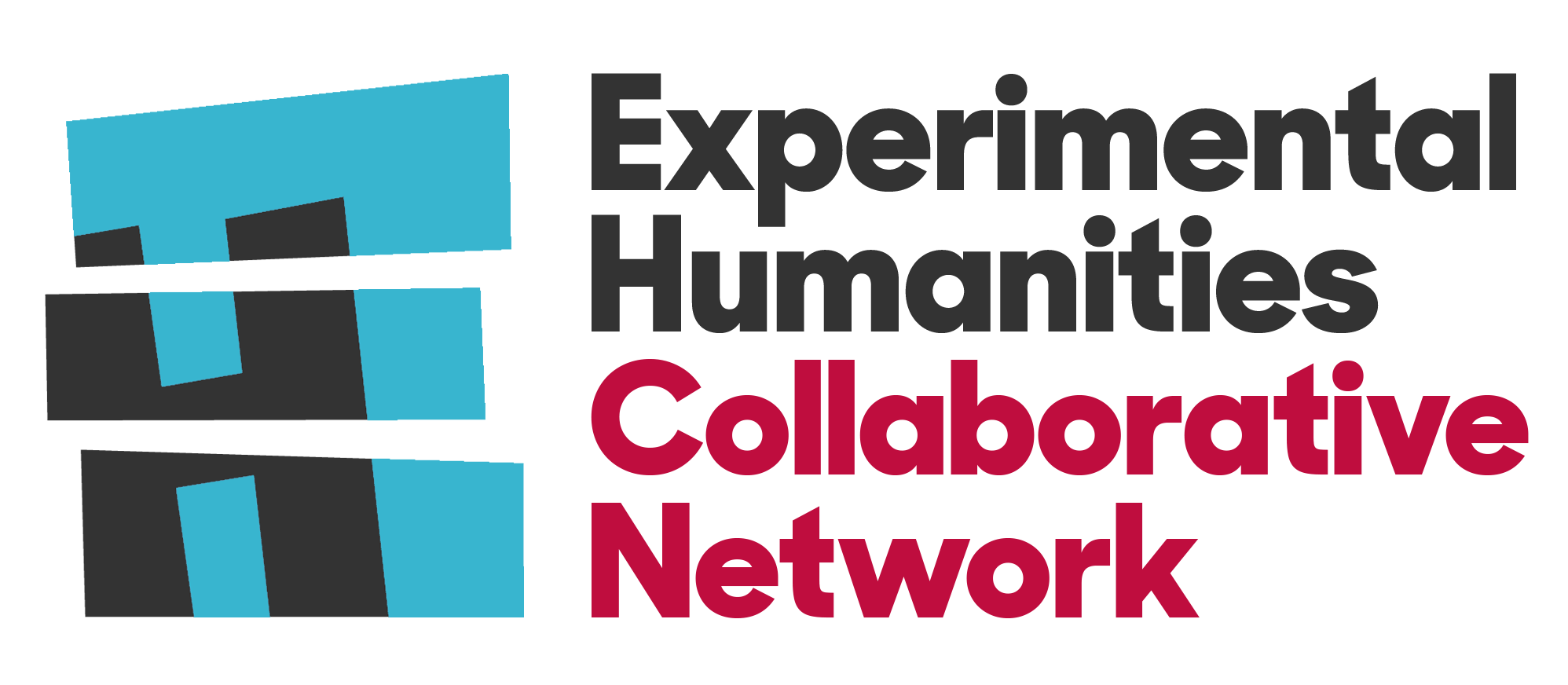Welcome to The Experimental Humanities Collaborative Network
Rosa Luxemburg’s Seed Bombs Project
Inspired by exchanges with EHCN colleagues over the years, particularly Vivien Sansour’s work, this project engages with questions of political ecology with focus on the social life of plants. In addition to Agata’s theoretical exploration of Rosa Luxemburg’s work, this hands-on component aims to rethink the famed socialist revolutionary’s herbarium as a manifestation of plant companionship, that is, a practice of noticing plant life and acknowledging it for what it is, caring for and about it, protecting and defending it, and remaining humbly open to what we do not (yet) know about it. Plant companionship requires maintenance and care, always, but especially in dire conditions including political and economic crises. Having identified several medicinal plants from Luxemburg’s herbarium that are native to Berlin, Agata purchased their seeds and planted them on her balcony and also, together with a friend, made seed bombs from organic soil and clay. Once dried, the seed bombs were then packaged into small boxes and gifted to artists, educators, activists, students, and others whose work, in one way or another, is rooted in the practice of solidarity and care. In the process, a community of plant companions is developing. While each participant observes how the plants grow in their respective location (from Amsterdam to Warsaw to Beirut and beyond) and shares documentation with Agata, their exchanges about the plants also open up questions of political ecology, community, resistance, and healing. As the plants will produce their own seeds, the project is open-ended.
Project leaders: Agata Lisiak








